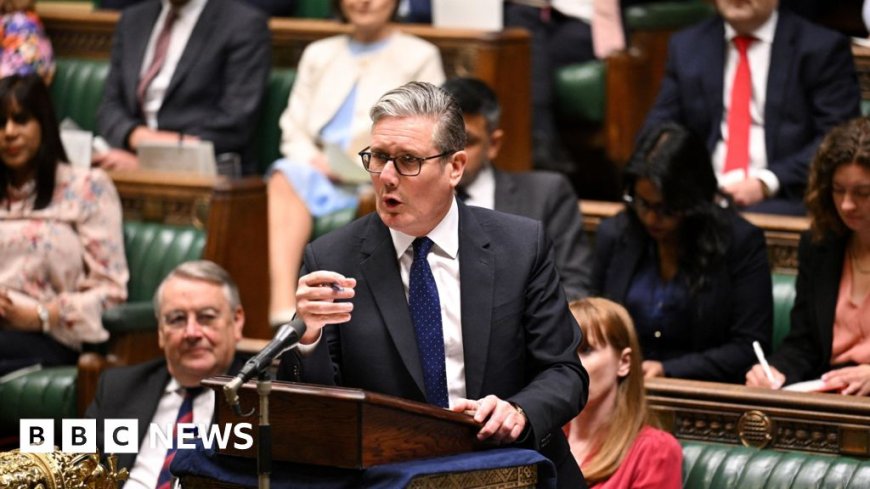MPs to Vote on Welfare Bill Amid Growing Unrest
MPs are set to vote on a welfare bill amidst ongoing unrest. A replacement amendment, backed by disability charities and supported by around 35 Labour MPs, may have lessened the risk of a government defeat. Despite concessions, many Labour MPs still plan to vote against the reforms, with concerns raised about the impact on future claimants.

MPs are set to vote on the welfare bill as tensions continue to simmer. A new amendment, backed by disability charities, has garnered support from approximately 35 Labour MPs. This suggests that recent concessions may have lessened the risk of a government defeat, albeit not entirely.
The scale of the rebellion has fluctuated. Last week, over 120 Labour MPs signed an amendment that could have quashed the proposals completely, posing a significant threat to a government with a strong majority.
The Conservatives have declared their opposition to the plans, deeming them insufficient as 'serious reforms'.
Despite ministerial concessions, many Labour MPs are still expected to vote against the government's welfare reforms. Current recipients of Pip or the health element of universal credit will retain their benefits under the revised plan, but future claimants will be impacted.
Labour Chief Whip Sir Alan Campbell urged party unity during a recent meeting, with government persuasion efforts ongoing leading up to the imminent vote scheduled for this evening.
Concerns have been raised by several MPs regarding the timing of a review of personal independence payment (Pip) assessments, following an announcement by Work and Pensions Secretary Liz Kendall that the report would coincide with the proposed changes.
Conservative leader Kemi Badenoch confirmed her party's intent to vote against the measures, citing concerns over escalating welfare costs and the lack of substantial savings under Labour's approach.
Various criticisms have been leveled against the government's proposals, with skepticism over their anticipated effectiveness.
Labour MP Olivia Blake, who opposes the reforms, emphasized her belief that cutting welfare could lead to increased spending in other critical areas like housing services, the NHS, and social care.
Kendall defended the bill in the Commons, emphasizing its alignment with the shared values of MPs in supporting those capable of work while safeguarding those unable to do so.
Recent modeling by the Department for Work and Pensions suggests that around 150,000 individuals could fall into poverty by 2030 due to the welfare cuts, a reduced figure from the initial estimate of 250,000 before concessions were made.
The government had aimed to save £5bn annually by 2030 prior to the concessions, which are now anticipated to cost approximately £3bn, according to the Resolution Foundation.
According to the source: BBC.
What's Your Reaction?
 Like
0
Like
0
 Dislike
0
Dislike
0
 Love
0
Love
0
 Funny
0
Funny
0
 Angry
0
Angry
0
 Sad
0
Sad
0
 Wow
0
Wow
0















































































































































